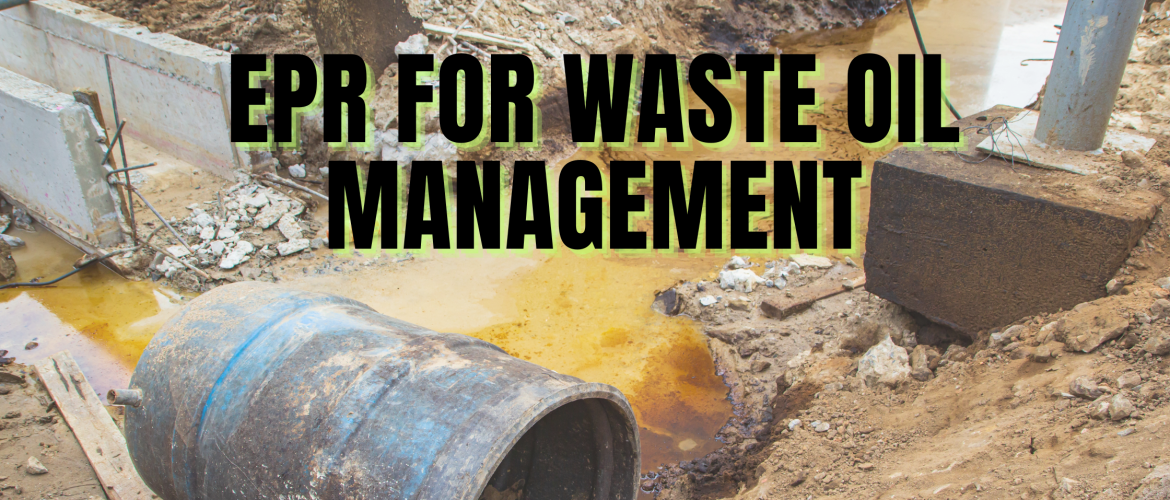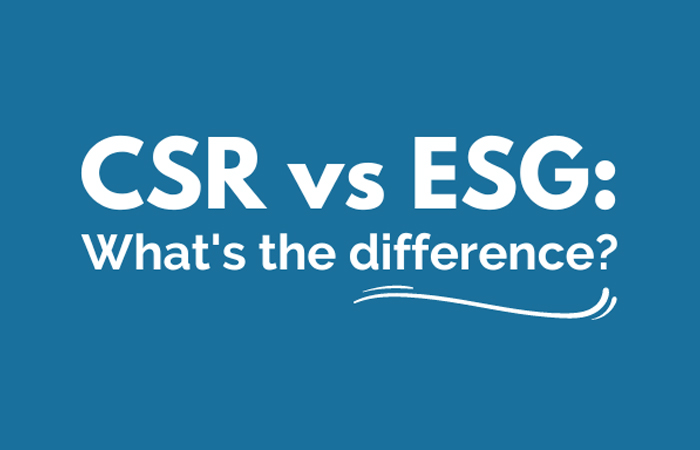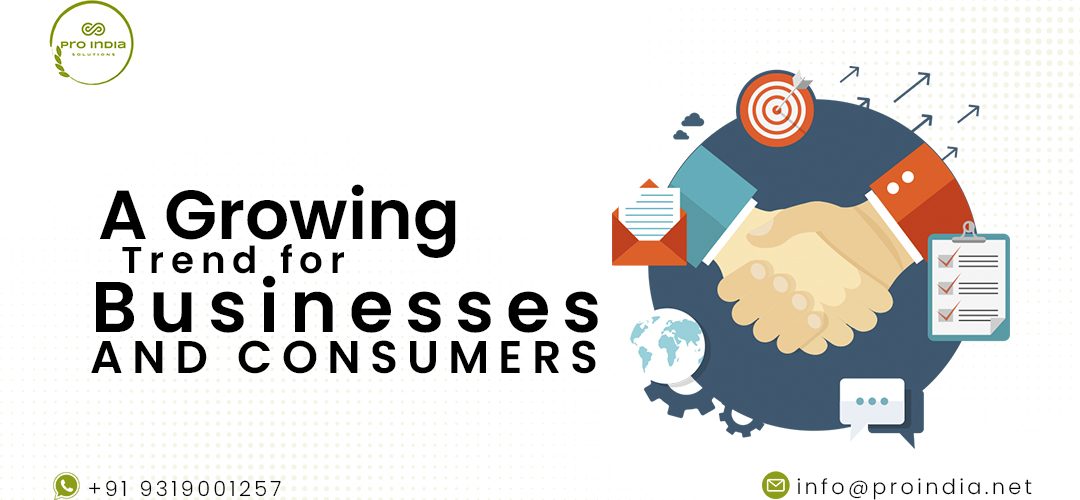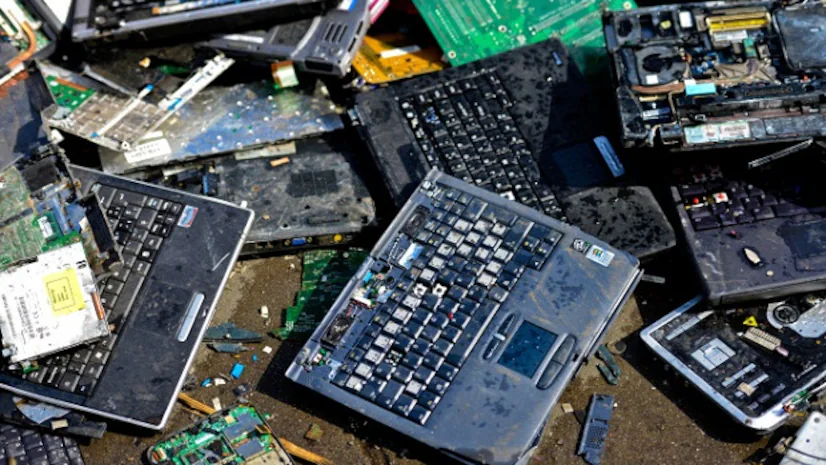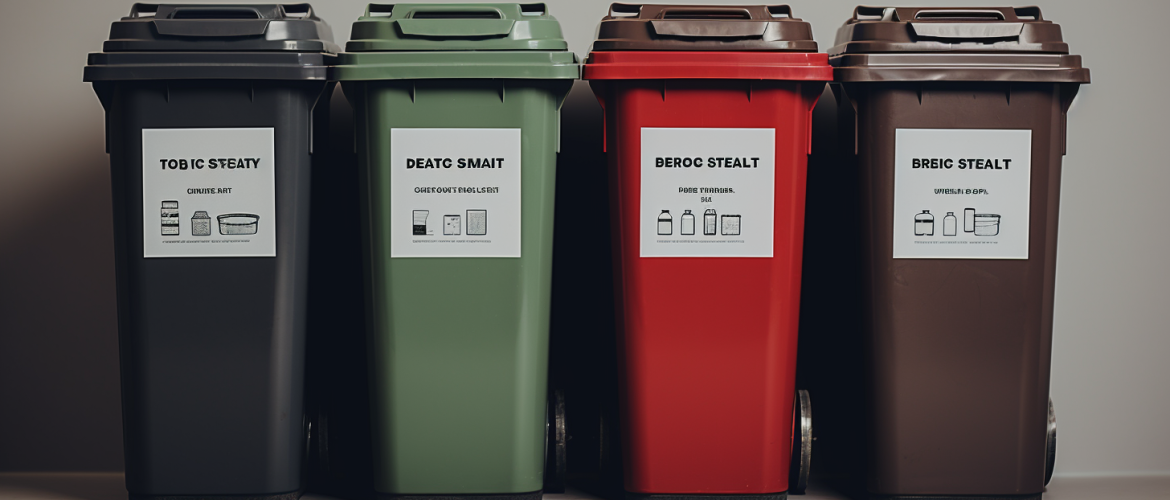The pharmaceutical industry operates within a stringent regulatory framework that demands stringent safety and hygiene standards for packaging. These requirements extend beyond mere containment to ensuring that packaging materials do not introduce harmful substances into the enclosed products. Pharmaceutical packaging is driven by a triad of priorities: product protection, precision, and information dissemination. Given the criticality of safeguarding products, specific guidelines govern the choice of plastic materials. Material selection is closely tied to the composition of pharmaceutical substances, necessitating tailored solutions.
🌐🔌 One Nation, One Charger Policy: A Bold Step Towards E-Waste Reduction! 📱💻🔌 E-waste is a growing concern, and India is no exception. With approximately 3.4 lakh tonnes of e-waste generated in 2020-2021, the need for sustainable solutions is urgent. The government has taken action by implementing the Extended Producer Responsibility (EPR) framework, making producers responsible for their products’ life cycle. 🌿🔄 The National E-waste Management Rules 2016 further reinforce responsible disposal, establishing a nationwide collection system for e-waste. But the latest
Introduction The world is facing an ever-increasing challenge in managing waste, with hazardous materials like waste oil posing a significant threat to the environment and public health. As the demand for energy continues to rise, so does the generation of waste oil, making it crucial to adopt effective and sustainable waste management strategies. One such approach gaining traction globally is Extended Producer Responsibility (EPR). In this blog, we will explore the concept of EPR and its application for waste oil management. Understanding
India possesses a robust policy on Corporate Social Responsibility (CSR), which legally obligates corporations to partake in initiatives that contribute to the betterment of society. This mandate was enshrined in the Companies Act of 2013 through amendments passed in 2014 and 2021. According to these amendments, companies with a net worth of ₹500 crore (approximately $60 million) or a minimum turnover of ₹1,000 crore (approximately $120 million), or a net profit of ₹5 crore (approximately $6,05,800) in any given financial
E-commerce is a rapidly growing industry, and with it comes the need for sustainable practices. Sustainable e-commerce refers to the practice of running an online store in a way that minimizes environmental impact. This can include things like using recycled packaging, offering carbon-neutral shipping, and sourcing products from sustainable suppliers. There are many benefits to sustainable e-commerce. For businesses, it can help to improve their reputation and attract new customers. For consumers, it can help to reduce
India’s automotive sector has solidified its position as a global powerhouse, ranking third in terms of production and fifth in sales worldwide. With a staggering market worth surpassing US$100 billion, this vibrant industry plays a pivotal role in driving India’s economic growth, contributing 7.1% to the nation’s GDP and accounting for an impressive 8% of total exports. In this article, we delve into the intricacies of India’s automotive sector, exploring its regulatory landscape, market orientation, product diversification, business
India generated more than 1.6 million tonne of e-waste in FY22, up from 1.3 million tonne in FY21 E-waste, also known as electronic waste, has emerged as a pressing environmental concern in both India and the global context. Over the financial years 2020-21 and 2021-22, India produced an estimated 1,346,496.31 tonnes and 1,601,155.36 tonnes of e-waste, respectively, stemming from twenty-one types of Electrical and Electronic Equipment (EEE) that fall under the purview of the E-Waste (Management) Rules, 2016. During the fiscal year
Explore effective waste management strategies for your business. Our step-by-step guide helps enhance sustainability and reduce operating costs.
Explore the significant role of business waste audits in waste management and how they can help improve your sustainability practices.
Learn how waste audits can help evaluate and minimize your business’s waste generation and disposal for a greener, cost-efficient future.




